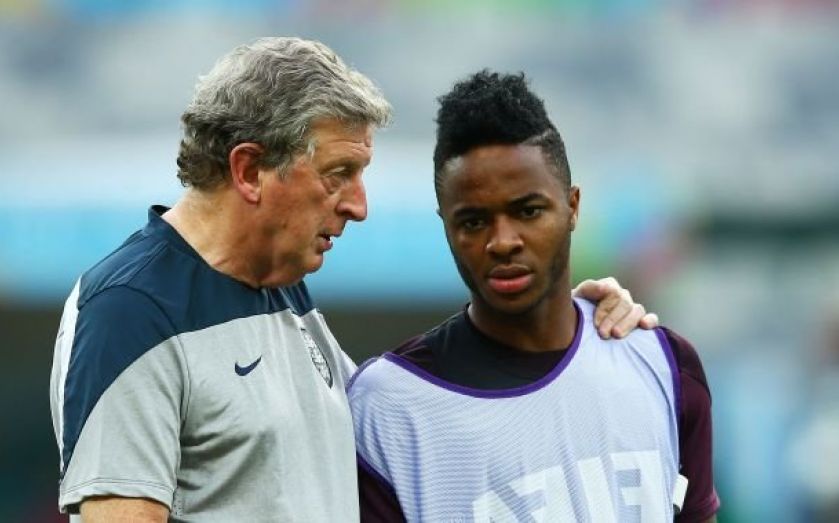| Updated:
Should Liverpool be worried by Raheem Sterling’s late night partying? A sports physiologist explains

The saga surrounding Raheem Sterling’s fatigue continues to rumble on.
The Sun’s front page this morning screamed “'Tired’ Raheem at 3am 3 Lions party” and led to a story exposing the teenage winger’s exploits at a London nightclub just a day after suggesting he was “a bit tired” ahead of England’s game against Estonia.
The tabloid press is not known for subtlety when it comes to its discussion of young English footballers’ social lives, but there are real reasons for Liverpool fans and staff to be at least a little bit worried by Sterling’s off-field exploits.
The Guardian has reported that Liverpool are unconcerned by the reports, but according to a sports physiologist who specialises in sleep and fatigue, late nights and loss of sleep could lead to headaches further down the line.
Wednesday's Sun front page: 'Tired' Raheem at 3am 3 Lions Party #tomorrowspaperstoday #bbcpapers pic.twitter.com/KrtUytKup9
— Nick Sutton (@suttonnick) October 21, 2014
Jonathan Bloomfield from Support2Perform told City A.M. that for a 19-year-old such as Sterling, irregular sleep patterns could have a real effect on athletic performance and lead to an increased injury risk.
As fatigue builds up over time, it becomes increasingly hard to reverse – especially for teenagers.
“We have a body clock, a 24-hour natural rhythm. If we regularly act against that rhythm we eventually suffer a fatigue penalty. If you create a sleep debt, which can accumulate, it will become more and more of a challenge to fix”, he explained.
“Take any 19-year-old. There is an increased sleep-need throughout the teenage years because they go through a growth phase, so the body needs between 10 and 12 hours sleep on a regular basis. But this is rarely achieved, so there's a debt.
“People who become more tired over time make more mistakes. Their mental decision making and reaction speed is reduced. So if a player has a natural high intensity game, they could have more injury risk – and evidence suggests this risk is prevalent amongst adolescent athletes.”
Even if players are avoiding lavish parties and booming sound systems, Bloomfield suggests youngsters are now more likely than ever to develop fatigue through other, seemingly more innocent, activities.
Games consoles, smartphones, internet – all temptations that could prevent today’s blossoming athletes from getting some much-needed sleep.
“This could be the first case of many," he said. "Somebody who’s 19 years old, they’ve never known a world without the internet. People are much more social, much more connected. Because we’ve got this behavioural desire to stay up even longer, we can play the Xbox at 3am with some kid in Japan. So the sleep debt accumulated by teenagers 10-15 years ago may not be nearly as bad as that being accumulated by teenagers today.
“For a footballer, a typical example of sleep disturbance would be Champions League midweek away game. Say the game finishes at 11pm, there’s at least three hours following heavy exercise before the body’s even capable of sleeping. Exercising late at night is not good preparation for going to bed, and the clubs choose to travel home. They’re potentially getting back into bed at four or half-four in the morning, missing nearly a full night’s sleep. Their body clocks will typically still try and wake them up at 9am or 10am, so total sleep will often be reduced.
“It’s simple mathematics. If you lose one night’s sleep, it will take you up to seven to recover. But because football fixtures are so relentless, it can be quite challenging to recover that, hence they become fatigued over time.
“I’m far from surprised by a young player like Sterling reporting extreme tiredness at this stage in the season. Like he said himself, he’s only human”